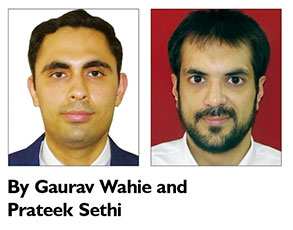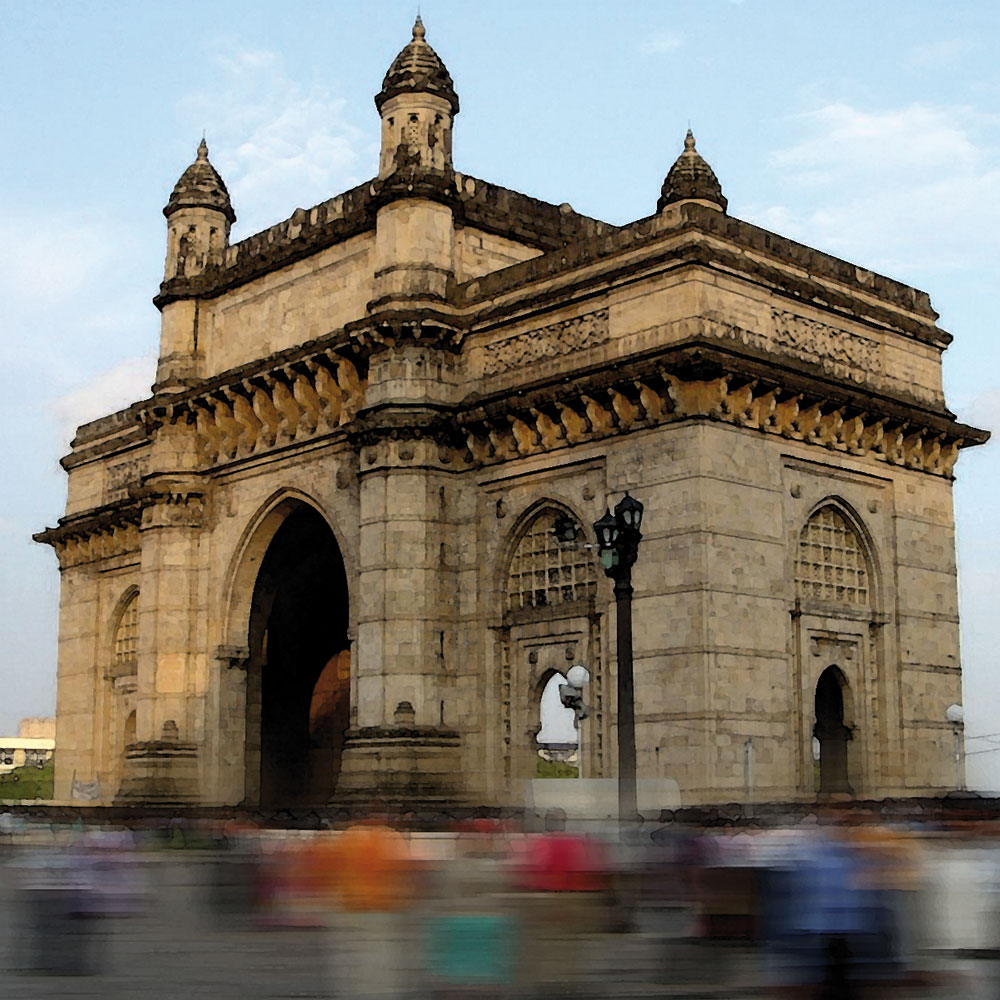
14th Floor, Gopal Das Bhawan, 28, Barakhamba Road, New Delhi 110 001India
Tel: (91) 11 4213 0000 / Fax: (91) 11 4213 0099
Email: gaurav.wahie@clasislaw.com • prateek.sethi@clasislaw.com Web: www.clasislaw.com
 Background to the joint venture: Tata DoCoMo, an Indian mobile network operator, was set up as a joint venture between Tata Teleservices (TTSL) and NTT DoCoMo in November 2008. DoCoMo was a minority shareholder (with a 26.5 percent stake, for which it paid approximately US$2.2 billion (Rs127.4 billion), a share price of Rs117 per share) in the company. The inter-se rights and obligations of the parties were set out in a shareholder agreement (SHA).
Background to the joint venture: Tata DoCoMo, an Indian mobile network operator, was set up as a joint venture between Tata Teleservices (TTSL) and NTT DoCoMo in November 2008. DoCoMo was a minority shareholder (with a 26.5 percent stake, for which it paid approximately US$2.2 billion (Rs127.4 billion), a share price of Rs117 per share) in the company. The inter-se rights and obligations of the parties were set out in a shareholder agreement (SHA).
DoCoMo Exit: According to the SHA, DoCoMo had the right to sell its entire shareholding if the joint venture fails to achieve certain performance based milestones, with TTSL having the right of first refusal. On account of losses to the tune of US$1.3 billion, DoCoMo, in April 2014, announced its willingness to sell its entire shareholding in the joint venture to TTSL. As per the timeframes prescribed under the SHA for such an eventuality, Tata Sons had to find a buyer by December 2014, failing which it would compulsorily have to purchase DoCoMo’s stake in the joint venture.
Following Tata Sons inability to find a buyer, they sought the approval of the Reserve Bank of India (RBI) to purchase the shares from DoCoMo at Rs58.045 per share, in accordance with the terms of the SHA, for a valuation of US$1.1 billion. While referring to the then prevailing Foreign Exchange Management Regulations, the RBI rejected the deal in March 2015 and stated that the value of the put option should be based on the fair market value prevailing at the time it is exercised, and not a pre-determined valuation.
Following the rejection by RBI, TTSL offered to purchase DoCoMo’s stake at Rs23.24 per share on the basis of a fair market value determined by PricewaterhouseCoopers on June 30, 2014. DoCoMo rejected this offer and moved to the London Court of International Arbitration, which was the agreed dispute resolution mechanism, seeking a valuation of Rs58.045 per share.
It is pertinent to note that DoCoMo had also filed an enforcement application in the Delhi High Court, which the Tata Group challenged, notwithstanding that the full sum of the arbitral determination was deposited with the registrar of the Delhi High Court subject to final adjudication in the matter.
Settlement between the principals: With the intention to conclude, the parties approached the Delhi High Court on February 28, 2017 with a settlement plan. The Tata Group also released a statement that it would not challenge the enforceability of the foreign award in India, and DoCoMo agreed that it will not pursue Tata’s assets in the US and UK for the next six months.
Settlement: With the announcement of this settlement, RBI raised certain objections and approached the Delhi High Court and opposed the pact on the basis that it amounted to transfer of shares in a manner that was not permitted and that allowing this would set a wrong precedent.
The RBI was also concerned whether DoCoMo would pursue enforcement of the award in the US and the UK after six months in the eventuality that it doesn’t succeed in India. In this regard, the court objected to the concern raised by RBI and clarified that RBI cannot act on matters decided overseas.
Justice Murlidhar had then directed RBI to file a note or affidavit on the specific issues at the next hearing, which was fixed for March 14. On March 14, senior advocate Soli Sorabjee appeared on behalf of the RBI and sought the court’s allowance for the central bank to again look into the matter “afresh”, before clarifying its final position. On protests made by Kapil Sibal and Darius Khambata, appearing for DoCoMo and Tata Sons respectively, Justice Murlidhar while denying the senior counsel’s request allowed Sorabjee a further day to take instructions from the central bank, before making a final stand.
On March 15, the RBI did not address the court’s question on its jurisdiction over the international arbitration award. It was reported that Justice Murlidhar would decide whether RBI’s intervention application was maintainable and pass a judgment in a week (awaited at the time of writing this article).


